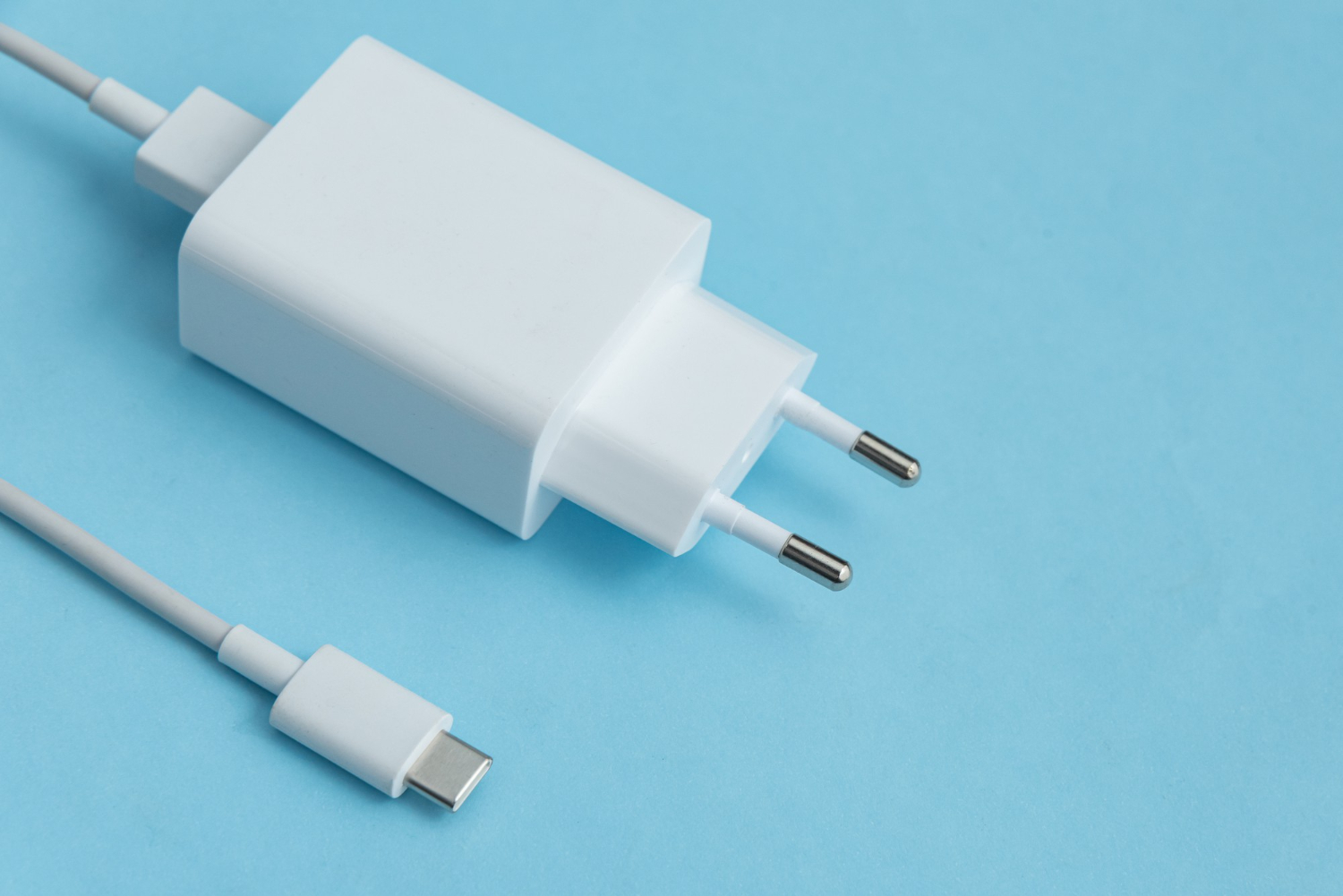Let’s face it—juggling multiple debts can be overwhelming. Between different due dates, interest rates, and minimum payments, it’s easy to feel like you’re just treading water financially. That’s where debt consolidation comes in, and credit unions are quietly becoming a popular option for making that process a whole lot less stressful.
If you’re wondering whether a credit union consolidation loan is the smarter way to get out of debt, you’re in the right place. This guide breaks it all down in plain English—what these loans are, how they work, and why credit unions might just be your best financial ally.
What Is a Debt Consolidation Loan, Anyway?
Think of a debt consolidation loan as a reset button. You take out one loan to pay off several smaller debts—credit cards, personal loans, even medical bills. That leaves you with just one monthly payment to keep track of.
The real win? Lower interest. Credit card APRs can hover around 20% or more, while a personal loan from a credit union might offer rates in the single digits. That means more of your payment goes toward paying off the debt, not just the interest.
Credit Union Consolidation Loans
In short? Yes, they often are. Credit union consolidation loans can simplify your debt and potentially save you money. Unlike big banks or high-interest credit cards, credit unions are member-owned and not-for-profit, which often translates to lower interest rates and more flexible terms.
Instead of making multiple payments to different lenders, a consolidation loan lets you roll your debts into one manageable monthly payment. And when done through a credit union, the terms are usually more people-friendly. It’s not just about numbers—it’s about peace of mind.
Why Choose a Credit Union for Consolidation?
So why not just go to a big bank? Here’s why credit unions often come out ahead:
- Lower interest rates: Credit unions typically offer better rates because they don’t exist to make huge profits.
- Member-first approach: They’re community-based and focused on helping you succeed.
- Flexible lending: Credit unions are often more willing to work with people who have fair or average credit.
- Transparent fees: You won’t get hit with sneaky charges or unnecessary add-ons.
Credit unions take a more personal approach. They look beyond the numbers and often treat you like a person, not just a loan application.
Who Should Consider a Credit Union Consolidation Loan?
Not everyone needs to consolidate debt, but if any of the following sound like you, it might be time to explore your options:
- You have multiple high-interest debts, like credit cards or payday loans.
- You’re making minimum payments and seeing no real progress.
- You prefer simplifying your finances with just one bill.
- You have steady income but want a better interest rate.
Even if your credit score isn’t perfect, many credit unions still offer reasonable options—especially compared to high-interest lenders.
How to Apply for a Credit Union Debt Consolidation Loan
Getting started is easier than you might think:
- Become a member of a credit union (if you aren’t already).
- List your debts and gather payoff amounts.
- Apply for a personal loan either online or in person.
- Share your financial info, like income and credit history.
- If approved, use the funds to pay off your existing balances.
After that, you’re left with one fixed monthly payment. No more juggling due dates or guessing which card to pay off next.
Pros and Cons to Keep in Mind
Pros:
- Simplified payments
- Lower interest rates than many credit cards
- Fixed payment schedule, so you know when you’ll be debt-free
- Less stress and better financial organization
Cons:
- You might need a decent credit score for the best rates
- Some credit unions require membership eligibility
- Consolidation doesn’t fix poor spending habits—only your payment structure
Consolidation loans can be powerful tools, but they work best when paired with a plan to stay out of debt for good.
What to Watch Out For Before Consolidating
Just because a loan sounds good on paper doesn’t mean it’s the right move. Here are some things to check:
- Interest rate vs. current debts: Will it really save you money?
- Loan fees: Ask about origination fees, early payoff penalties, or hidden charges.
- Monthly payments: Make sure the payment fits your budget.
- Loan term: A longer loan may lower monthly costs, but increase total interest paid.
And most importantly: Don’t fall into the trap of running up credit cards again after consolidating them.
Alternatives to Credit Union Consolidation Loans
Not sure if a credit union loan is the right move? Consider these options:
- Balance transfer credit cards: 0% APR offers can help if you pay off the balance quickly.
- Debt management plans: Nonprofits can negotiate with creditors to reduce interest.
- Home equity loans: Lower rates, but your house is at risk.
- Bank personal loans: Worth comparing, but rates and terms may be less favorable.
Each option has pros and cons, so weigh them based on your financial situation and goals.
Final Thoughts
Credit union consolidation loans aren’t a magic wand, but they can offer real, tangible relief if you’re feeling buried in debt. They come with lower rates, personalized service, and an approach that puts you—the member—first.
If you’re tired of juggling bills and paying sky-high interest, this could be the fresh start you need. Just be sure to read the fine print, stay on top of your new loan, and avoid racking up debt again. With the right mindset, a credit union consolidation loan could be your first step toward true financial freedom.
FAQs
Do credit unions give debt consolidation loans?
Yes, many credit unions offer personal loans that can be used for debt consolidation. They often come with lower interest rates and more flexible approval criteria than big banks.
Do consolidation loans hurt your credit score?
They can cause a small dip initially due to the credit inquiry. But over time, if you make consistent payments and reduce your overall debt, your credit score may actually improve.
How much is the payment on a $50,000 consolidation loan?
That depends on your interest rate and loan term. For example, a $50,000 loan at 8% APR over 5 years would have monthly payments around $1,013. Always use a loan calculator to get specific numbers.
Which bank is best for consolidation loans?
It varies. Some popular options include SoFi, LightStream, and Marcus by Goldman Sachs. That said, credit unions often beat banks when it comes to rates and service—so it’s worth checking both.








